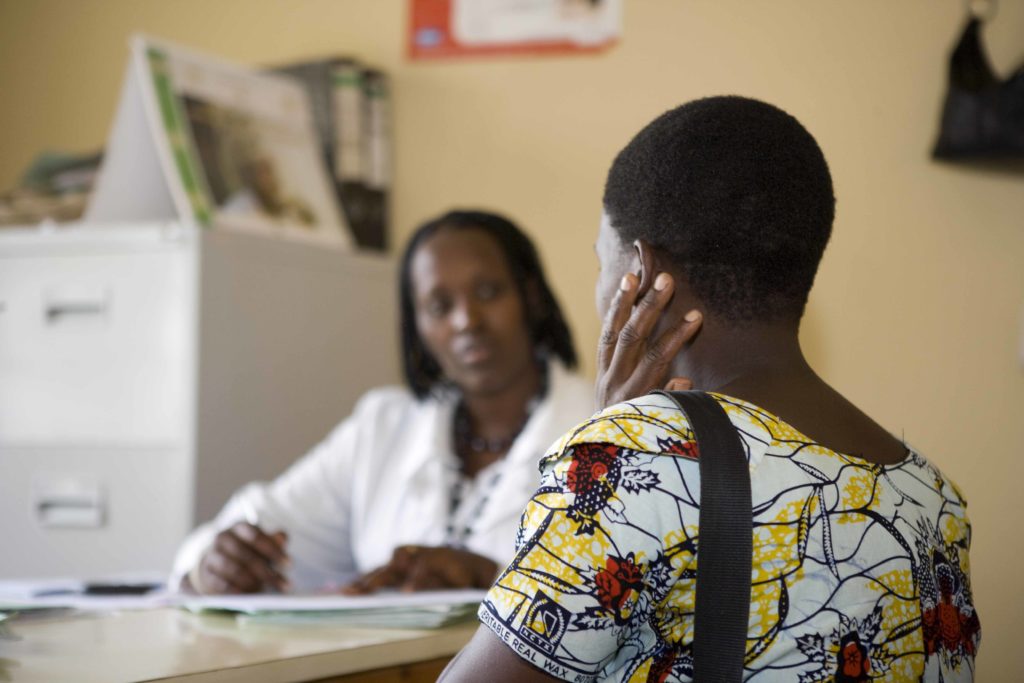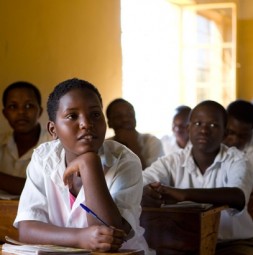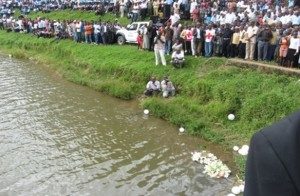
It is estimated that between five and twenty thousand women were raped and bore children of that rape during the genocide were born as a result of rape committed against Tutsi women during the genocide. Nineteen years hence and the battle for mothers and the children born from these rapes is far from over.
The most enduring impact of rape as a weapon of genocide is the dual effect it produces; children are the consequences, the crime and its victim.
Have you ever seen the look in a woman’s eye when she sees a child born out of rape? It discloses sadness one cannot imagine. Rape committed during the genocide has forced its victims, both women and children, to live with its consequences.
As these children born out of rape reach adolescence, they are asking questions about their past — and those in the position to provide the answers are faced with a heartbreaking dilemma: to keep them in the dark or to tell them the agonizing truth. These children also face isolation in their homes or communities if the origin of their conception is revealed. Some are traumatized because of their own mothers’ hatred.
One girl I know once asked: ’Who is my father?’ Her mother’s answer was: ’He was a hero who died during the war.’ But the girl refuses to accept this answer — in a strange way she can almost sense her origins. She lives in a community that knows that her mother was raped and rumors now start to reach her, saying that she is a child of one of the interahamwe (Hutu extremists) who is in prison for crimes committed during the genocide. The relatives of the genocidaire are requesting her to convince her mother to vindicate the rapist so his prison sentence can be reduced.
This girl and many children like her are in a very vulnerable position, and it is up to our society to ensure that these children are supported so that they can build a future for themselves despite of the harrowing circumstances involving their conception.
Survivors Fund (SURF) and Foundation Rwanda support children born as a result of of rape during the genocide. This project was initiated as a result of many interviews conducted with women genocide survivors. These interviews highlighted the wishes of these women to provide educational support for their children, who were born as a result of genocide atrocities. In its first year of operation (2009) the program was able to offer support to 150 children. Today it supports 816 children and provides a wide range of educational resources, including access to transportation, school uniforms and additional assistance. The current annual cost of this program is FRW 220,000 (£230) for a secondary school student and FRW 70,000 (£75) for a primary school student.

The needs of mothers and children extend beyond mere economic issues. Especially crucial is the need to secure their enrolment to school and ensure attendance. Last year, SURF launched its new Community Counseling Initiative (CCI), which aims to provide psychological and social support to mothers who choose to disclose the circumstances of their conception to their children. The CCI helps these mothers and children avoid exclusion, domestic violence, and child-abuse that sadly still persists among members of this group. Our focus over the year ahead is to scale up this component of the work to support more women, through Dining for Women and other funders.
About the Author: Samuel Munderere is the Programme Manager at Survivors Fund (SURF Rwanda) coordinating the work with Foundation Rwanda

